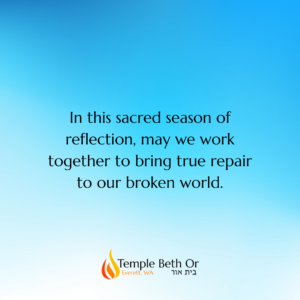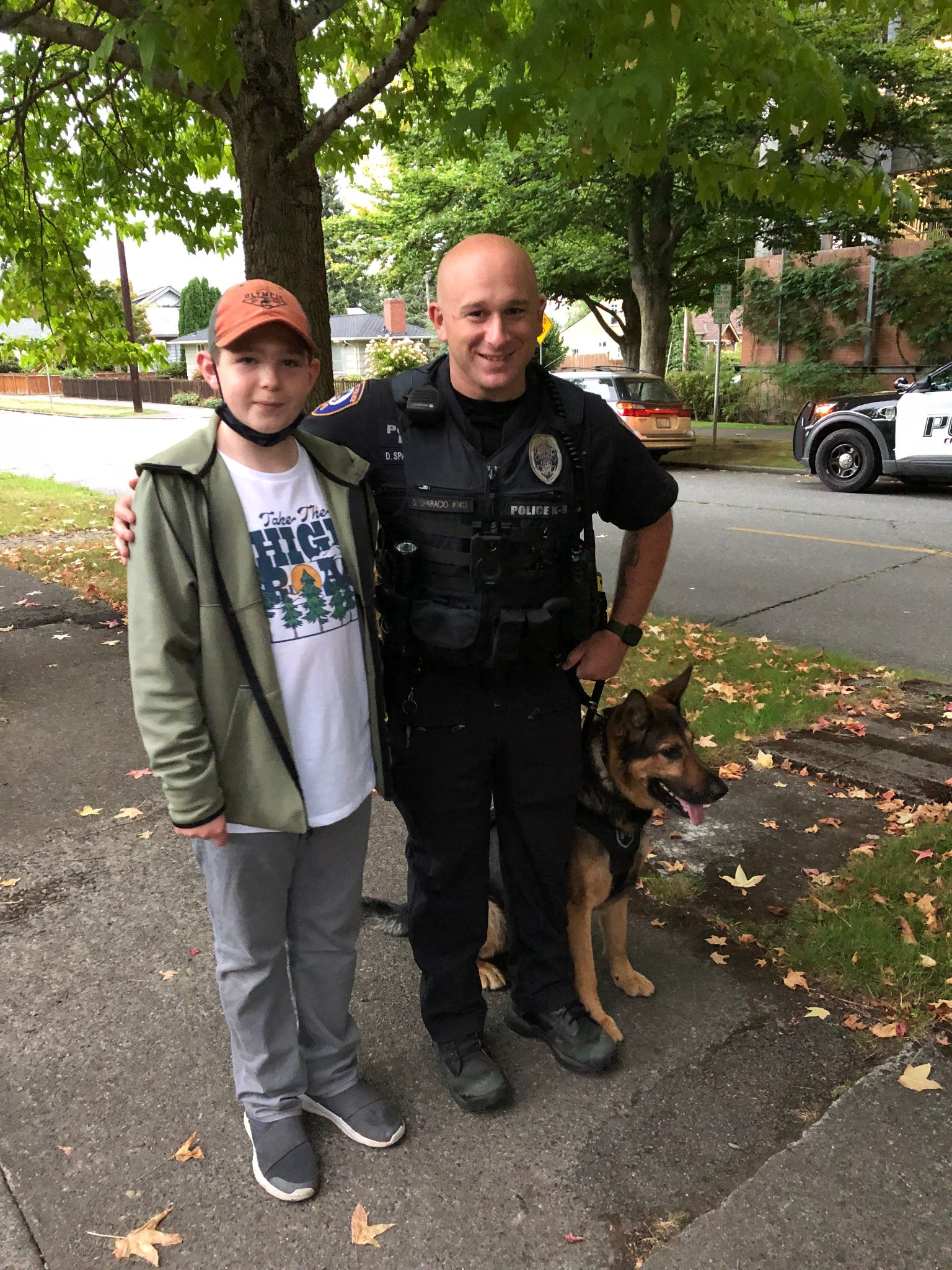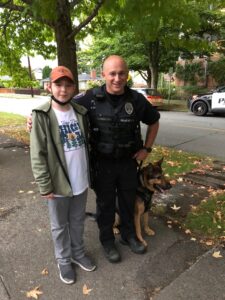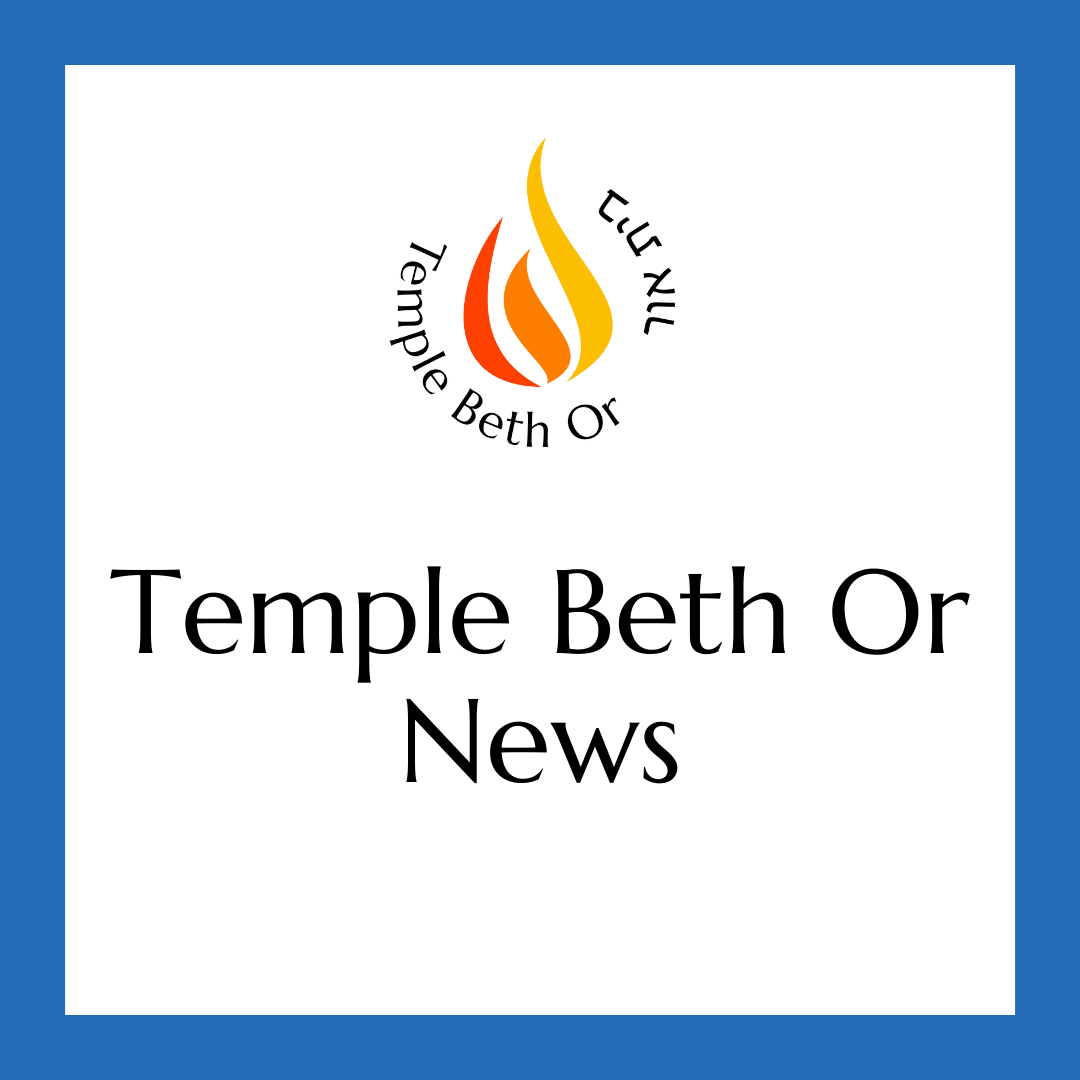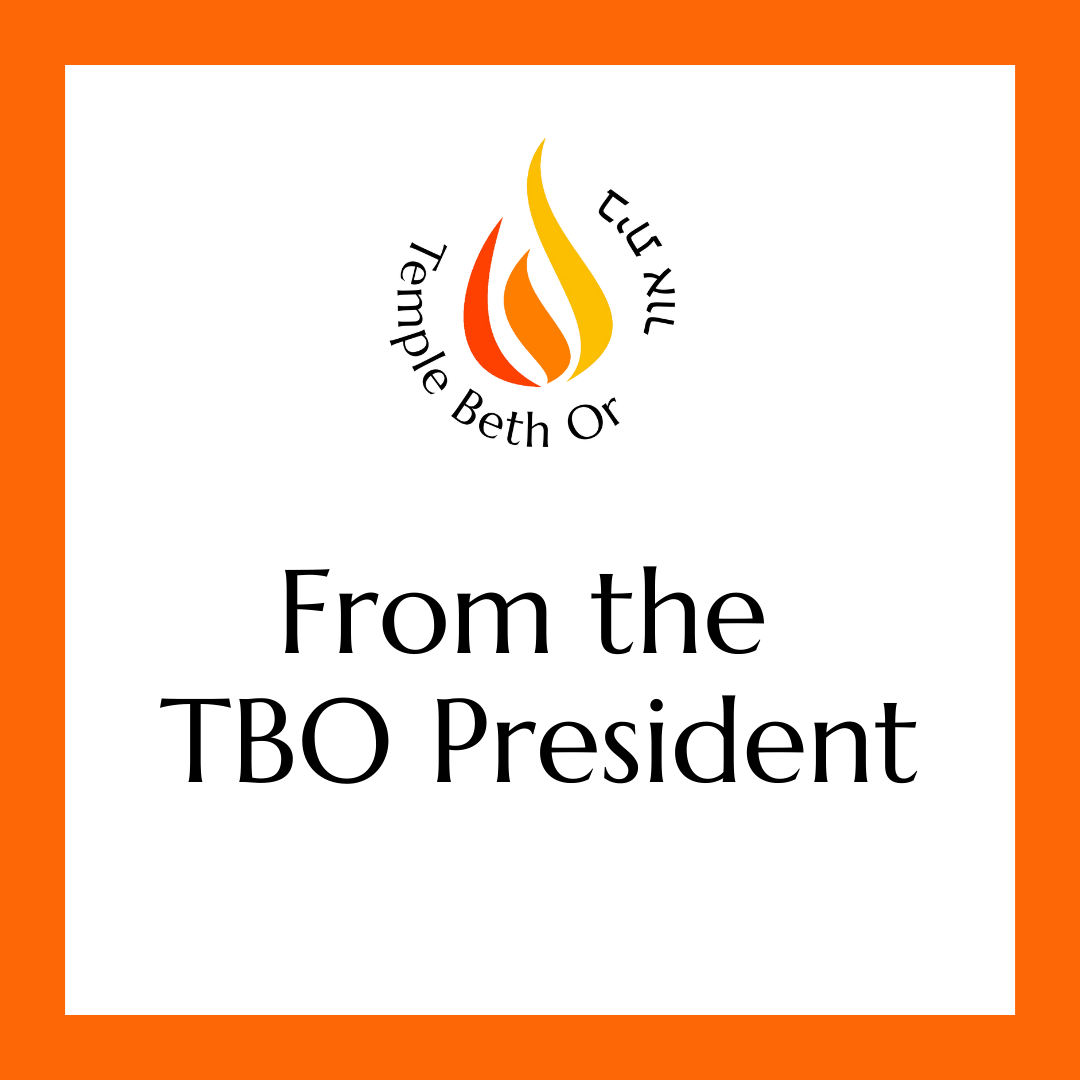 I recently read Rabbi/Cantor Angela Buchdahl’s new memoir, Heart of a Stranger: An Unlikely Rabbi’s Story of Faith, Identity, and Belonging. Rabbi Buchdahl is the senior rabbi at Central Synagogue in Manhattan, leading one of the largest pulpits in the United States. 500,000 people streamed her Yom Kippur services during COVID, and many have continued to follow her teaching. She is, without a doubt, one of the most influential rabbis in the world. Steven Colbert even helped launch her new book.
I recently read Rabbi/Cantor Angela Buchdahl’s new memoir, Heart of a Stranger: An Unlikely Rabbi’s Story of Faith, Identity, and Belonging. Rabbi Buchdahl is the senior rabbi at Central Synagogue in Manhattan, leading one of the largest pulpits in the United States. 500,000 people streamed her Yom Kippur services during COVID, and many have continued to follow her teaching. She is, without a doubt, one of the most influential rabbis in the world. Steven Colbert even helped launch her new book.
And most significantly for us? She grew up right here in Tacoma, Washington, at a small Reform congregation very similar to Temple Beth Or. She beautifully describes how the Pacific Northwest and Mount Rainier shaped her Jewish and spiritual identity. As I read Rabbi Buchdahl’s book, I found myself kvelling – bursting with pride – that one Jewish girl from Tacoma could have such a great impact.
In just a few days, on Sunday evening, December 14, Hanukkah will begin. We will start the holiday by lighting our shamash candle, the helper candle that ignites and spreads the light to the additional candles on the hanukkiyah. The shamash reminds us that small things can have a big impact.
Inspired by Rabbi Buchdahl, by Pacific Northwest Jewish pride and by the message of Hanukkah, I want to share eight ways Jews from Western Washington have spread our energy and light and had a great influence:
- Rabbi Buchdahl is the first East Asian-American to be ordained as a rabbi, and the first East Asian-American to be ordained as a cantor. She is also the first woman to serve as senior rabbi of the historic Central Synagogue in New York.
- The song “I Have a Little Dreidel” has been a Hanukkah hit since it was written by Cantor Samuel Goldfarb, who served as the musical director at Temple De Hirsch Sinai in Seattle from 1930 to 1968.
- Smooth Jazz saxophonist Kenny G is one of the best-selling artists of all time. Kenneth Gorelick grew up in the Jewish community in South Seattle and studied music at the University of Washington.
- David Guterson, author of the 1994 number one best-selling novel, Snow Falling on Cedars, grew up Jewish in North Seattle and also studied at the University of Washington.
- In addition to faith and the arts, PNW Jewish folks have influenced the corporate and consumer world, too. The late co-founder of Costco, Jeffrey Brotman, grew up Jewish in Tacoma.
- Before Costco, many of the grocers who helped establish Pike Place Market, the oldest operating market in the U.S., were from the Sephardic Jewish community of Seattle’s South End.
- At around the same time Pike Place was being built, Ashkenazi immigrants in Everett were building their first synagogue on Lombard Avenue. Did you know that our Temple Beth Or building is the longest continuously used religious building in Washington state? (Shameless plug: Don’t forget to donate to the Capital Campaign to receive generously offered matching funds!)
- It is not only our little building that has a big impact. Temple Beth Or members played a critical role in establishing Camp Kalsman, the largest Jewish summer camp in the PNW, where more than 1,000 kids attend each summer.
This list is a wonderful reminder that despite being a relatively small Jewish community here in Western Washington, our collective light shines brightly and reaches far. This year, as we light Hanukkah candles, remember that you, too, are a shamash. I hope the stories of these local Jews inspire you to share your unique energy, your talents and your light with the world. You never know how far the flame of a single candle can spread!


